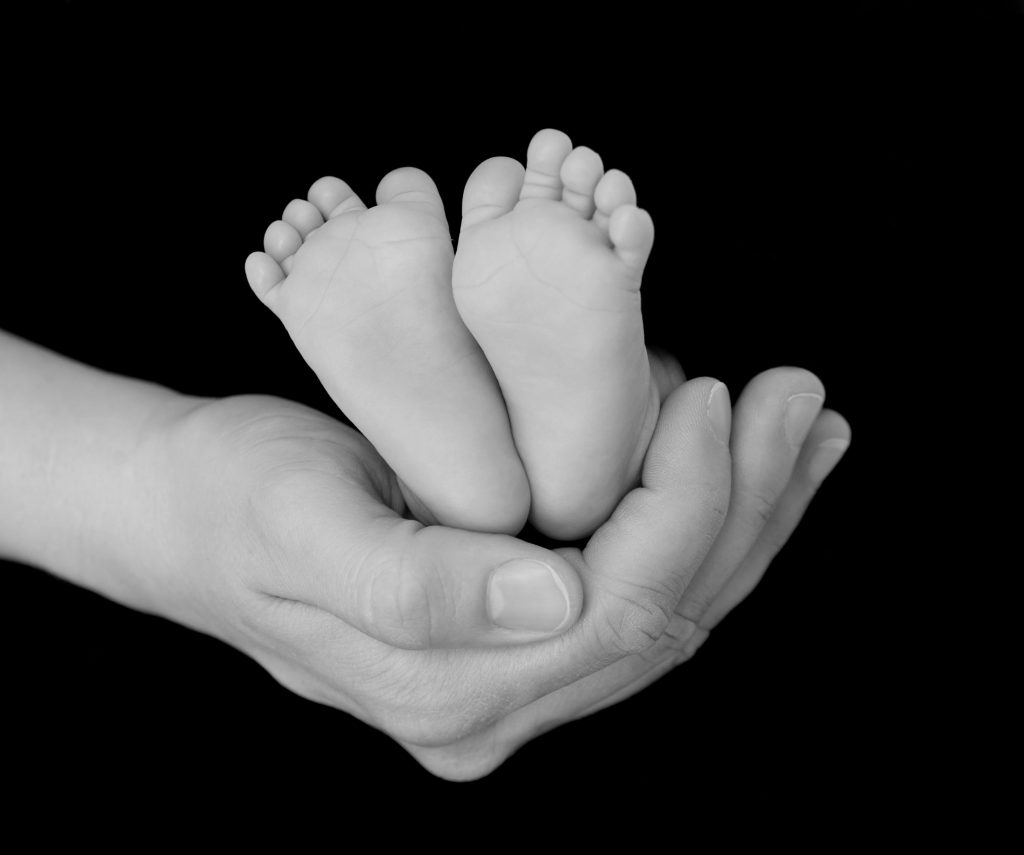When a child is born with cerebral palsy, many parents conclude that the injury occurred during the birth process and will hire a birth injury lawyer to help them file a claim against the medical professionals who assisted with the birth. However, if a claim is filed, and the medical professionals or the hospital is taken to court, the legal counsel of the defendants will most likely claim that the cerebral palsy affecting the child is a result of a birth defect rather than a birth injury and was not due to negligence on behalf of the medical team.
Here are some important questions to ask yourself and to discuss with your medical professional or legal counsel about whether your child’s case of cerebral palsy could have been preventable.

1. Do you have copies of your child’s medical records?
If a negligence claim is filed, copies of the medical records throughout pregnancy, labor, and delivery will be needed to give birth injury lawyers as much information as possible in order to determine whether someone during the delivery process was negligent.
2. What was the condition of your child at birth?
It is important to note whether your child was mobile, exhibiting behaviors of crying and moving, or limp and in need of assistance and resuscitation. This can be used to attribute some cases of cerebral palsy to negligence or different and unrelated circumstances.
3. Did your child stay in the hospital for an extended period after delivery?
The longer a patient stays in a hospital environment, the more opportunity there can be for medical negligence to occur. If your child stayed in the hospital for an extended stay, it is also important for the birth injury lawyer to know whether they stayed in the Neonatal Intensive Care Unit, or NICU, during their time in the hospital.
4. Did your child have an abnormal brain scan revealed by MRI, ultrasound, or CT-scan?
If they did, this is important for your birth injury lawyer to know. It will not necessarily prove a case all on its own, but records of it should be obtained along with the child’s medical records for the attorney to build a solid case and do their best to help you win your suit, should one need to be filed.
5. Did your child experience seizures during their first few days of life?
Again, this will most likely be on the medical records you will need to provide for your attorney anyway, but it is an important consideration when looking into the preventability of the condition’s development.
6. Has the child been diagnosed with brain damage or cerebral palsy?
Having a diagnosis in hand can often be a significant step in proving medical negligence; as one of the steps to proving such negligence is demonstrating specific results of the negligence itself. A diagnosis is a specific result that can easily be proven.

7. Did an event occur that signaled that the baby was in distress?
This could have taken the form of electronic or fetal monitoring systems registering oxygenation abnormalities or irregular heart rate during the labor process.
8. Did the mother experience vaginal bleeding?
During the delivery process, it can be a warning sign if the mother experiences vaginal bleeding or felt unusual pain in between contractions.
9. Was an emergency cesarean section required?
Assisted vaginal delivery with the use of forceps is also something to alert the birth injury attorney to if it occurred.
10. Were healthcare providers forthright with information?
If parents’ questions were not answered straightforwardly and were instead sidestepped, the provider may have been attempting to cover up negligence.



